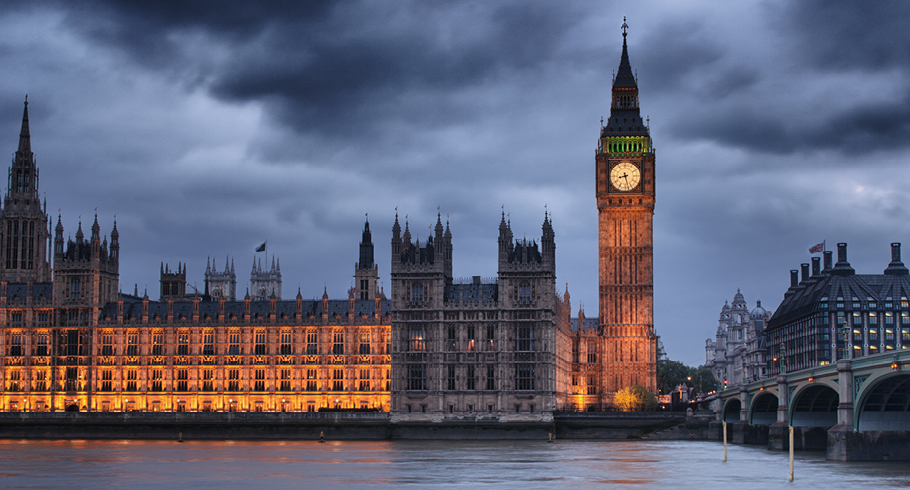The HM Treasury has announced that there will be an extension to energy invoice support for businesses beyond March 2023, when the current Energy Bill Relief Scheme (EBRS) is due to end. Business groups had campaigned for a longer-term plan for businesses to avoid a ‘cliff edge’ this April, which the new scheme - the Energy Bills Discount Scheme (EBDS) - is designed to address. It will run from 1 April 2023 until 31 March 2024.
However, while it is good news that there will be some support, for many businesses, this will be at a much lower level than it is currently. This has divided opinion among industry commentators, with some stating that it will not be enough, and others, including the Confederation of British Industry (CBI) recognising that the current level of support could not feasibly run beyond April 2023.
As before, all organisations with a non-domestic contract - businesses, voluntary sector and public sector organisations - will be eligible for the EBDS. It applies to those on existing fixed price contracts that were agreed on or after 1 December 2021, those who are signing new fixed price contracts, those on deemed, out of contract or standard variable tariffs, as well as those on flexible purchase or similar contracts.
So, what are the key changes businesses can expect from 1 April 2023?
The scheme will be applied as a discount rather than a cap
The primary change is that the support will be applied as a per-unit discount to business energy invoices, subject to a maximum discount, and the relative discount will only be applied if wholesale prices are above a certain price threshold. These have been set at:
- Electricity: £19.61/megawatt hour (MWh) with a price threshold of £302/MWh
- Gas: £6.97/MWh with a price threshold of £107/MWh
Energy and Trade Intensive Industries (ETII) will receive a higher level of support - but they need to apply for it
The HM Treasury has also published a list of ETII, ranging from mining to manufacturing, that will receive a higher discount, which can be found here. As with other businesses, a maximum discount has been set:
- Electricity: £89/MWh with a price threshold of £185/MWh
- Gas: £40/MWh with a price threshold of £99/MWh
If you believe that your organisation qualifies as an ETII, and may be entitled to the ETII discount as part of the EBDS, you will need to apply for the higher level of discount via the government’s digital portal, which is available on the government’s website here.
Next steps for businesses
The EBRS will continue until 31 March 2023. As with the EBDS, reductions will be automatically applied to the invoices of all eligible non-domestic customers. For ETII customers, we will continue to work closely with the government to fully understand how the scheme will work for businesses in these sectors.
For those businesses who were not able to receive support for their heating costs through the EBRS, as they use heating oil or alternative fuels instead of gas, there is some support available in the form of the Alternative Fuel Payment. This is a one-off payment of £150 that will be paid before the end of March 2023. It's unclear if further support will be provided from 1 April 2023 until 31 March 2024.
Taking control by reducing energy demand
While a complete cliff edge has been avoided, businesses will still see an increase in energy costs from 1 April this year. Therefore, it is more important than ever to consider additional ways to reduce energy demand, and we are campaigning for more government incentives, particularly around energy efficiency. Our recent blog also outlined our key energy ‘must dos’ this year, that can help businesses protect themselves from energy risk and future volatility.
If you would like to discuss the EBDS, please do get in touch. For existing customers, your Client Lead or Account Manager is the best place to start. Alternatively, you can drop us an email to info@npowerbusinesssolutions.com

.png)
/npm214%20Digital_H_UB15.jpg)
/npm214%20Digital_H_UB130.jpg)
/npm214%20Digital_H_UB121.jpg)

/npm214%20Digital_H_UB102.jpg)



/Author%20Profile%20Whitelam_Ben_G.png)
